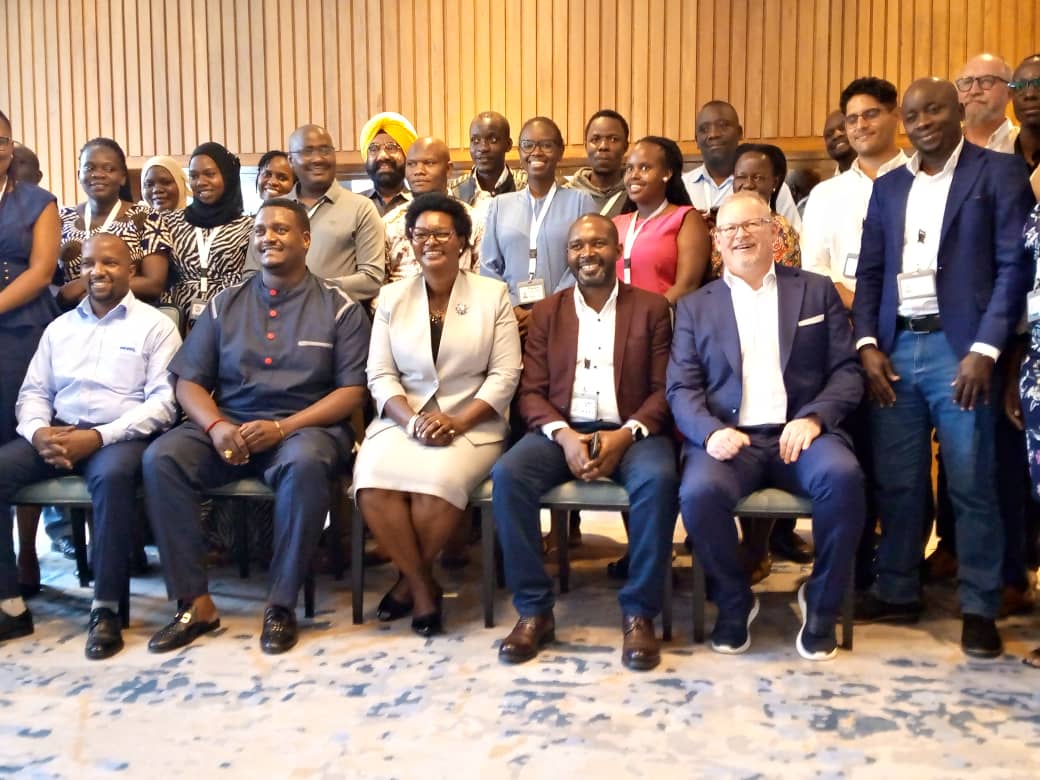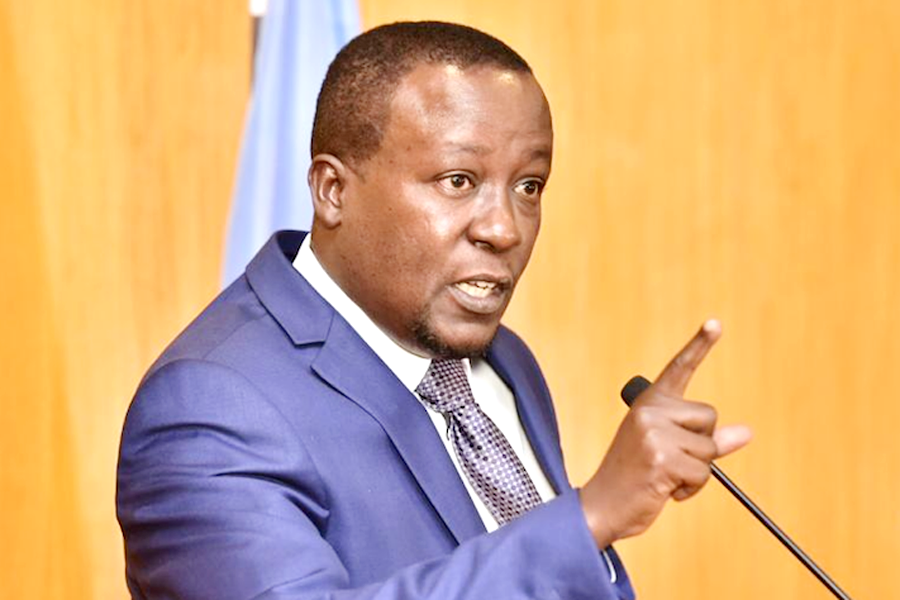Today’s youth needs safe spaces more than ever to thrive
DENNIS JOHNSON OMALLA
Today (August 12), the world commemorates the International Youth Day.
Since 1999, when the United Nations designated the International Youth Day, governments and civil society organisations have been using it to draw attention to youth issues worldwide through concerts, workshops, cultural events and meetings involving national and local stakeholders as well as youth organizations.
This day is also set aside for young people to take charge of expressing their ideas, showcasing their innovations and bringing to light their hopes and aspirations.
The global theme for this year’s International Youth Day, which has also been adopted by government of Uganda, focuses on creating “safe spaces for youths”. This theme couldn’t have been more opportune.
First, safe spaces means creating equitable opportunities for youths to participate in activities that can make them contributors to the development of their countries.
This involves having access to skills training opportunities that can improve their chances of getting employed. Further, access to skills hubs, labs and innovation centres where youths with none or low levels of formal education can learn survival and livelihood skills, are key.
These spaces can also serve as information centres where youths can learn about their bodies and how they can become productive citizens.
This is critical considering that in Uganda, youth unemployment stood at 2.9% by 2017 as per International Labour Organisation estimates, for those aged between 15 to 24 years.
Secondly, young people deserve safe spaces that can allow them to freely express their opinions while demanding for better opportunities and services.
No youth should feel afraid to walk the streets because they might get knocked down by the largely untamed boda boda riders. They should not be worried about kidnappers or bounty hunters.
They should feel confident that when they walk into a health facility, they will receive friendly support and healthcare services.
Thirdly, this year’s International Youth Day theme should remind governments, development partners and private companies to provide opportunities such as graduate internships, school practice, apprenticeship as well as short and long term employment as opposed to locking youths out on account of lack of work experience.
Once young people have access to employment; institutions, organizations, government departments and individual employers, should provide avenues for reporting harassment and abuse of young people, and curb practices that may impede their productivity at the workplace and elsewhere.
On the flip side, this year’s youth day theme should tickle the youth to exploit employment opportunities by reporting timely for work as opposed to complaining, taking care of safe spaces entrusted to them such as innovation and youth centres, and not undermining any employment opportunity that arises.
Enjoying safe spaces does not mean keeping clients waiting at the reception area as you chat about none issues on social media.
Young people should also acknowledge when they do not have skills and work at attaining them to allow them favourably compete in the ever changing job market.
Attaining these skills can sometimes mean engaging in unpaid employment or volunteerism.
Importantly, governments, non-government organisations and private sectors must not stop at making the International Youth Day a ceremonial event.
They should walk every talk made in regards to creating safe spaces for young people so as to enable them become part of the development agenda of their communities.
The author works for Plan International Uganda as Youth Engagement Manager.













